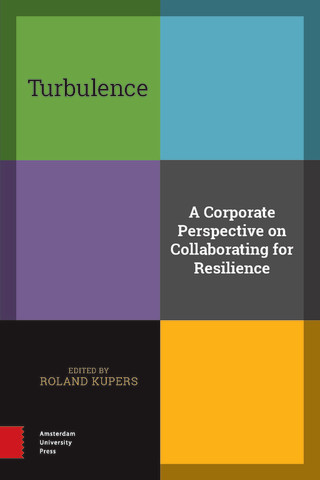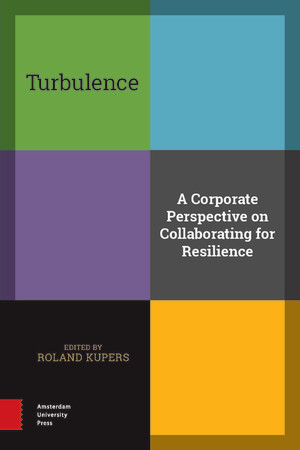The ever tighter coupling of our food, water and energy systems, in the context of a changing climate is leading to increasing turbulence in the world. As a consequence, it becomes ever more crucial to develop cities, regions, and economies with resilience in mind. Because of their global reach, substantial resources, and information-driven leadership structures, multinational corporations can play a major, constructive role in improving our understanding and design of resilient systems.
This volume is the product of the Resilience Action Initiative, a collaboration among Dow, DuPont, IBM, McKinsey & Co., Shell, Siemens, Swiss Re, Unilever, and Yara designed to explore possible corporate contributions to global resilience, especially at the nexus of water, food and energy. Aggressively forward-thinking, and consistent with an enlightened self-interest, the ideas considered here represent a corporate perspective on the broad collaborations required for a more resilient world.

